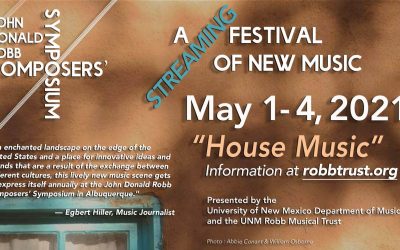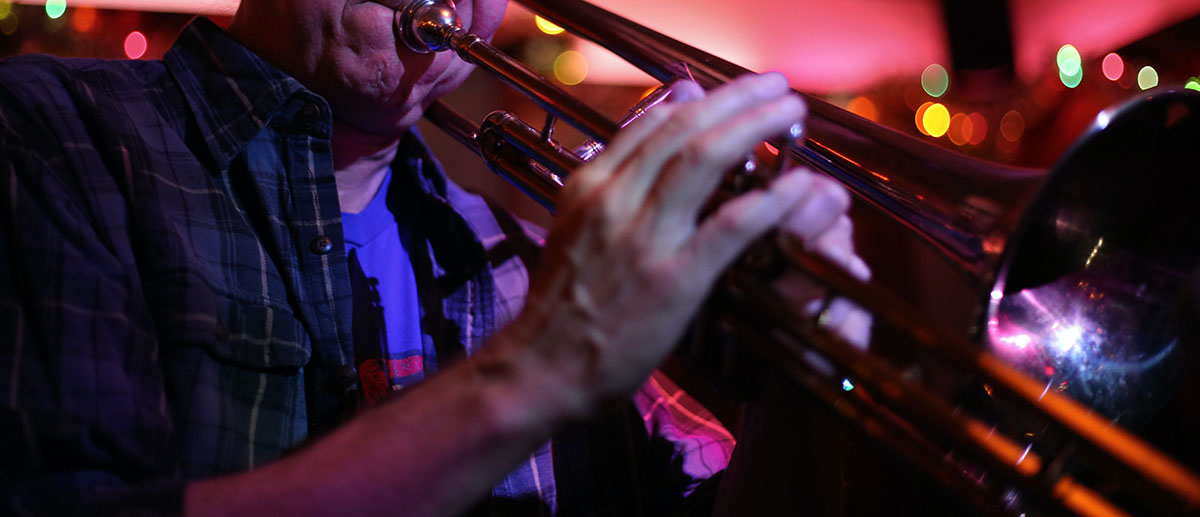The University of New Mexico’s Department of Music and the College of Fine Arts welcomes Dr. Solis to Keller Hall for his lecture on Thursday, February 18th at 2:00pm, “The Black Pacific: Music, Race, and Indigeneity in Australia and Papua New Guinea.”
From the Fisk Jubilee Singers’ tour of Australasia in the 1890s to Snoop Dogg’s visit to Brisbane in 2014, the last century has seen ongoing, intensive intersections between Indigenous and African Diasporic musicians and activists in the Southwestern Pacific. Dr. Gabriel Solis explores the musical history examining how it represents a continuation of older Indigenous cosmopolitanism and a newer structure, emerging alongside colonial processes.
 Dr. Gabriel Solis is Professor of Music, African American Studies, and Anthropology at the University of Illinois, Urbana-Champaign. A scholar of historical ethnomusicology, he has done research in the U.S, Australia, and Papua New Guinea. His work focuses on musical racialization as a component of global modernity. In addition to the books Monk’s Music: Thelonious Monk and Jazz History in the Making (2008), Thelonious Monk Quartet with John Coltrane (2014), and Musical Improvisation: Art, Education, and Society (2009, co-edited with Bruno Nettl), he is the author of articles and book chapters that have appeared in such journals as Ethnomusicology, Popular Music and Society, the Journal of the Royal Musical Association, the Musical Quarterly, Musicultures, and Critical Sociology.
Dr. Gabriel Solis is Professor of Music, African American Studies, and Anthropology at the University of Illinois, Urbana-Champaign. A scholar of historical ethnomusicology, he has done research in the U.S, Australia, and Papua New Guinea. His work focuses on musical racialization as a component of global modernity. In addition to the books Monk’s Music: Thelonious Monk and Jazz History in the Making (2008), Thelonious Monk Quartet with John Coltrane (2014), and Musical Improvisation: Art, Education, and Society (2009, co-edited with Bruno Nettl), he is the author of articles and book chapters that have appeared in such journals as Ethnomusicology, Popular Music and Society, the Journal of the Royal Musical Association, the Musical Quarterly, Musicultures, and Critical Sociology.
THE JOHN DONALD ROBB COMPOSERS’ SYMPOSIUM 2021 “HOUSE MUSIC”
THE JOHN DONALD ROBB COMPOSERS’ SYMPOSIUM 2021 “HOUSE MUSIC”STREAMING FESTIVAL OF NEW MUSIC May 1 – May 45 – 8:30 PM Since 1972, the internationally renowned symposium has brought composers and musicians from around the world to UNM for a series of public concerts and...
Dr. Karl Hinterbichler receives the Ken Hanlon Award from International Trombone Association
Dr. Karl Hinterbichler receives the Ken Hanlon Award from International Trombone Association The Kenneth Hanlon Award recognizes an individual that contributes greatly to the InternationalTrombone Association (ITA) and the trombone world with a spirit of generosity...
Dr. Kristina Jacobsen wins award for an article
Dr. Kristina Jacobsen wins award for an article The article ‘Don’t Even Talk to Me if You’re Kinya’áanii [Towering House]’: Adopted Clans, Kinship, and ‘Blood’ in Navajo Country” was awarded “the most thought-provoking article in Native American and Indigenous Studies...



